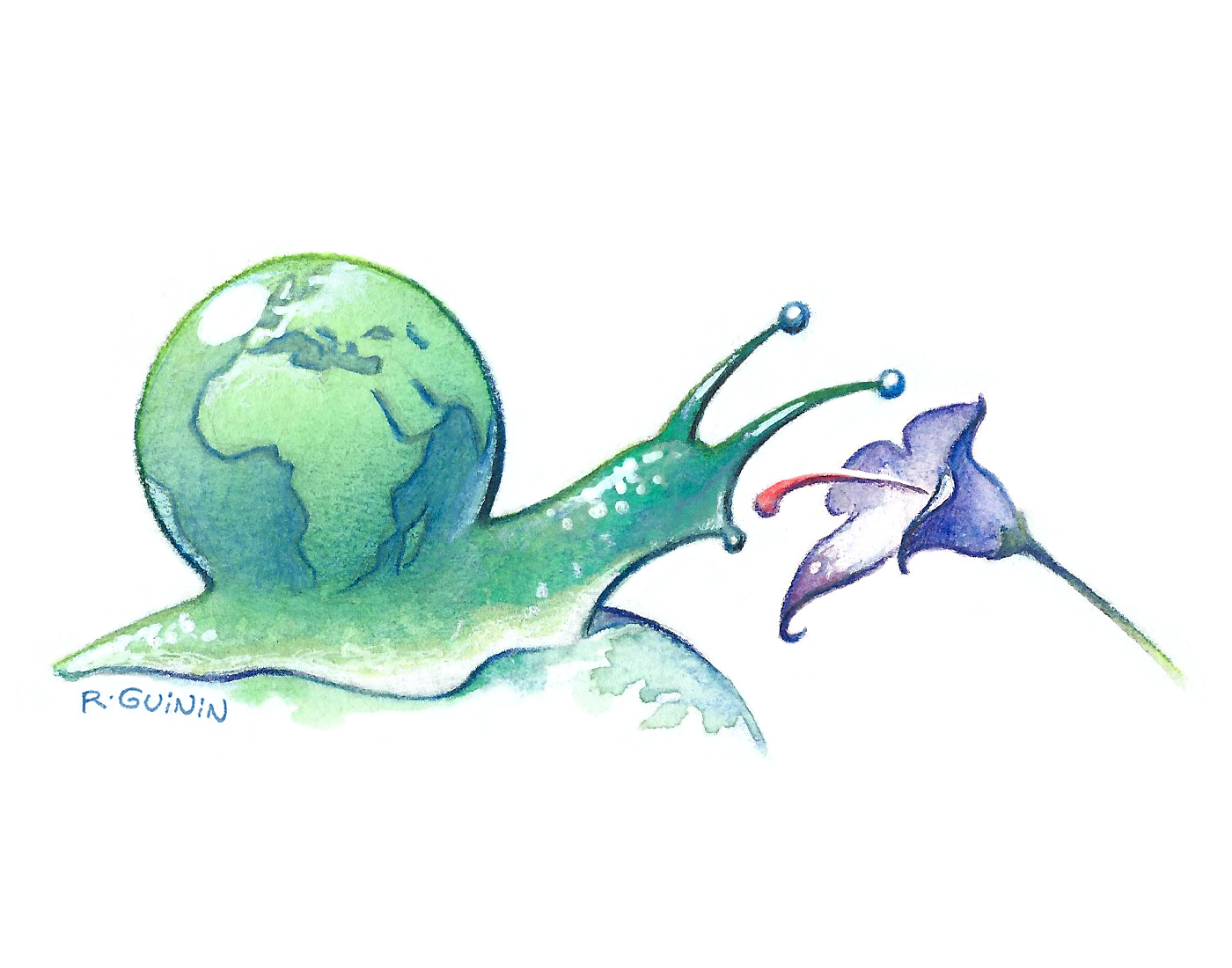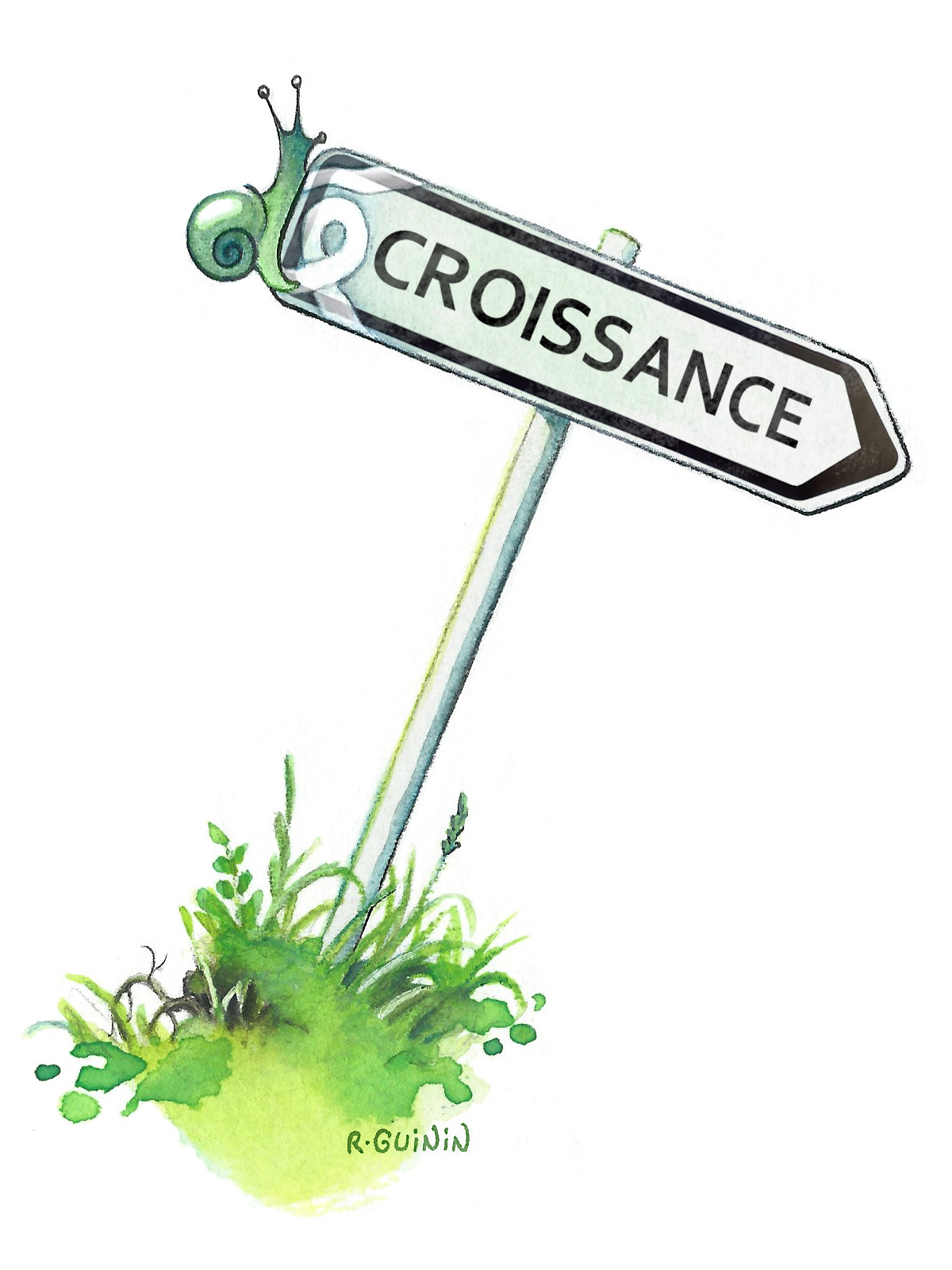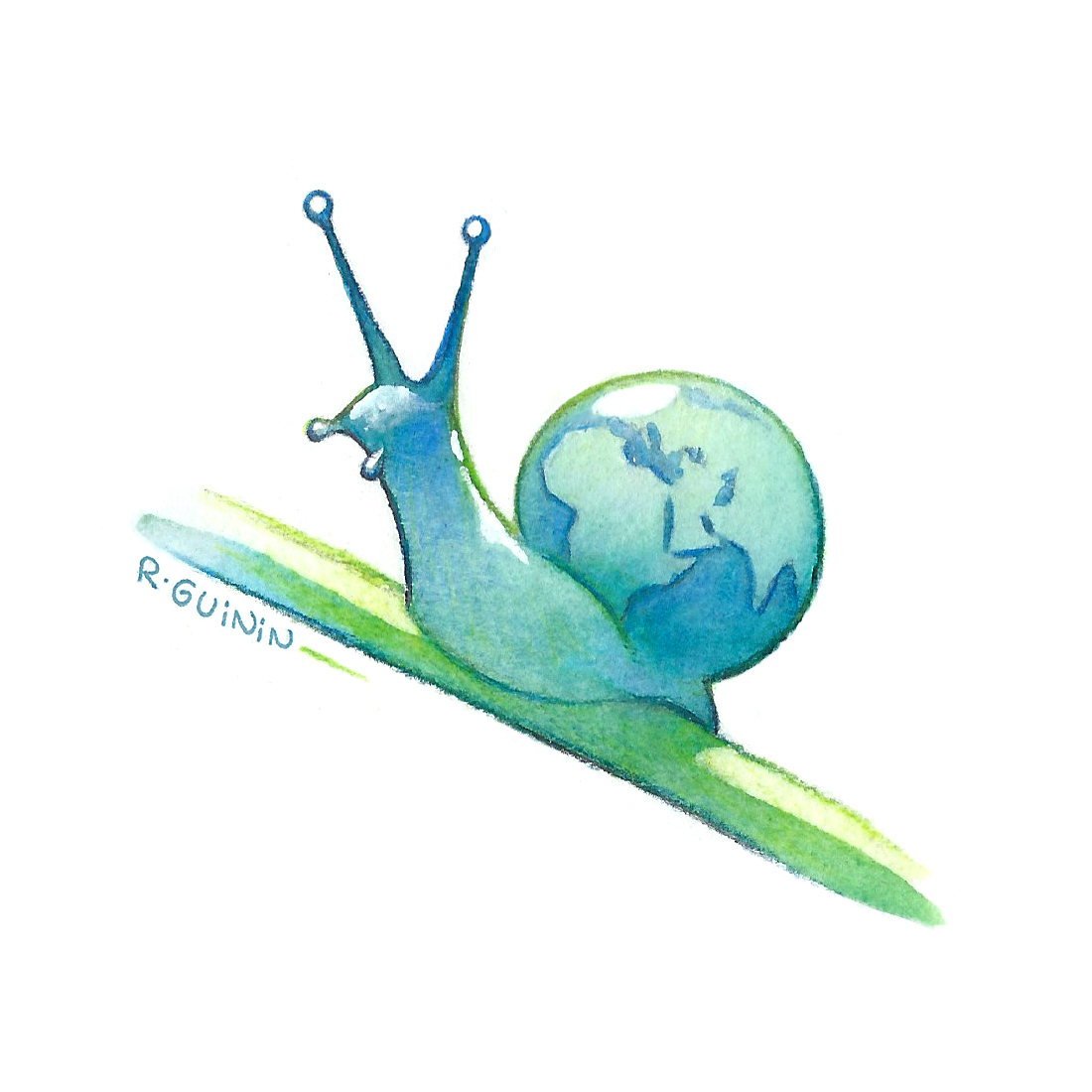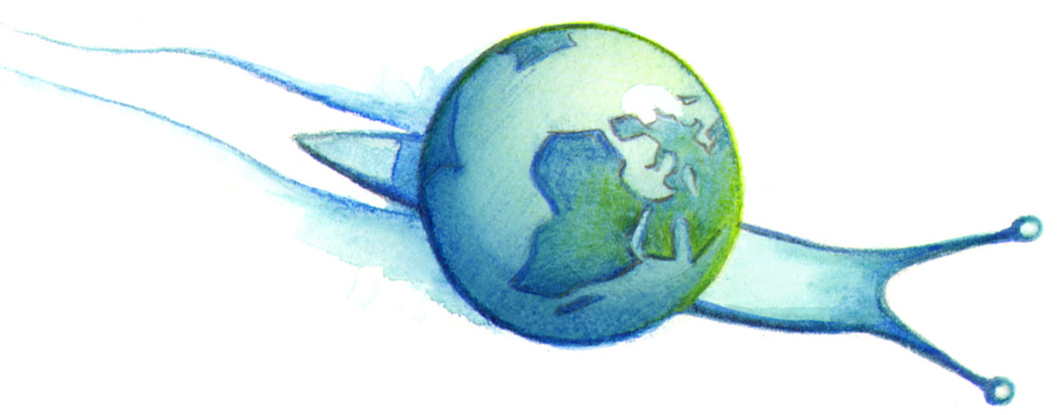The Maison commune de la décroissance was created in 2017 after 2 years of a ‘degrowth-process’.
The MCD is not a university (and it prefers erudition to expertise), but it nevertheless claims to have been feeding a political corpus of analyses, definitions and proposals for years, which it is delighted to share, in order to join the ‘Mediterranean’ path of degrowth.
If we had to draw a guiding idea from this work, it would be the conviction that only a radical critique of individualism – and therefore of the ‘imaginary institution of the modern individual’ – can clear the way for degrowth as the humanism of a sensible life. In terms of form, the MCD wishes to point out that variations can only exist on the basis of a common foundation and that, consequently, what degrowth needs first and foremost is a common ideological framework.
 → to propose and build together a common ideological corpus for degrowth
→ to propose and build together a common ideological corpus for degrowth
→ on the basis of a clear definition of degrowth: it is the political opposition to growth, not just economic growth, but to the world of growth, and even to the "growth regime"
→ to share a lexicon and debate in a common language
→ to rediscover a taste for discussion, a taste for limits, a taste for social life
→ to make the meaning of life a political issue once again
 → By militant researchers : anyone interested in working on ideas and theory based on practice (knowledge feedback) is invited to join us.
→ By militant researchers : anyone interested in working on ideas and theory based on practice (knowledge feedback) is invited to join us.
→ Through the Mutuelle, the MCD's ideas laboratory: a group open to all, where the tools of political discussion can be used to forge a common language.
→ Through the Cooperative, the support group for the work on ideas: organisation, communication and media visibility, starting up new projects, attending events, political and associative advocacy, running the activist network and the member group, etc.
→ By all members
 → For all those who dream of societies that are sustainable, fair, supportive, frugal and serene, and who are wondering how to go about it...
→ For all those who dream of societies that are sustainable, fair, supportive, frugal and serene, and who are wondering how to go about it...
→ For associations and activists who are already working on degrowth initiatives, because degrowth is capable of providing these movements with a perspective for overall political and social transformation,
→ For political groups that are promoting degrowth in the electoral field: to provide input for their speeches, their professions of faith, their programmes, etc.
 → Through writing: blog articles (mood and opinion pieces, news commentary, glossary, book reports, stories, etc.), collective writing of "Mais Comment Décroître" booklets, publication of books: "La décroissance et ses déclinaisons. Pour sortir des clichés et des généralisations" and other literary projects in the pipeline.
→ Through writing: blog articles (mood and opinion pieces, news commentary, glossary, book reports, stories, etc.), collective writing of "Mais Comment Décroître" booklets, publication of books: "La décroissance et ses déclinaisons. Pour sortir des clichés et des généralisations" and other literary projects in the pipeline.
→ Les (F)estives de la décroissance : travelling meetings every summer to reflect together and develop a common ideological corpus for degrowth.
→ Conferences, workshops, participation in round-table discussions, radio broadcasts and interviews : speakers who travel all over France.
→ The creation of local groups based on surveys of the fundamentals of degrowth and new publications.
 → MCD is not a place : it's the spirit of the house that counts, that of "having solid foundations for degrowth". But perhaps one day, thanks to a donation, we'll be able to consider setting up somewhere...
→ MCD is not a place : it's the spirit of the house that counts, that of "having solid foundations for degrowth". But perhaps one day, thanks to a donation, we'll be able to consider setting up somewhere...
→ At least two meetings a year : the (F)estives in July or August, and the Rencontres de la New Dec, in November in the Drôme for a weekend of work on the coming year's projects. Alternatively, every third Saturday of the month at 10.30am for a themed café-décroissant.
Definition → Degrowth is the political opposition to growth
- We need to start from the most intuitive definition of degrowth (and not immediately break the spontaneous impulses of those who reject growth and its world).
- If degrowth is the opposite of growth, it is as a political opposition.
- This opposition will last as long as the growth regime is not dismantled: degrowth is strictly speaking a transition, a path, an "epoch" (because it is not a question of degrowth for the sake of degrowth).
Foundation → A policy of self-limitation
- Any discussion of limits should begin with a definitional work to stop confusing between crossable limits (a 'landmark') and impassable limits (a 'limit' in the strict sense), between irreversible crossable limits (taken in the broad sense) (a 'notch') and reversible crossable limits (a 'frontier')...
- Only on the basis of such a clarification could it be pointed out that while not all limits are social constructs nevertheless all crossable limitations are: There can be no degrowth without an In Praise of Limits (Giorgos Kallis).But a policy of self-limitation must from the outset divide itself into floor and ceiling to define any Common within an "ecological space": beyond the ceiling and below the floor, we are in the "uncommon". What is common lies between the floor and the ceiling.
- When it comes to articulating ecological, political and social limits politically, and to avoid falling into an impolitic determinism, it is fruitful to draw on what we have been calling for years the "even so" principle, which is an experiment in thinking, in decolonising one's imagination.
Objective → A politics of social life
- Which sees every Common as both a prerequisite and an objective: the common precedes diversity, coexistence precedes existence, society precedes individuals...
- This notion of 'social life' as a 'platform' for all human life is much broader than that of care. Above all, it makes it possible to justify a radical critique of economism: no, "in the last instance", there is not the sphere of economic production, but there is the sphere of social reproduction. The political objective of degrowth cannot fail to be intrinsically feminist.
- The meaning of political action is to preserve, conserve and maintain the conditions of human and social life: it is in this sense that the degrowthists are "conservatives". If progress is based on the belief that "meaning as direction" is equivalent to "meaning as significance", then degrowth is a reversal: it is meaning that must give direction. This is why degrowth as a theoretically refounded policy must be based on a political theory of meaning.
Mobile → A political economy of depense
- The political economy of degrowth must be an economy of abundance, not scarcity, and must therefore start from the point of view of what Gorge Bataille calls the "general economy".
- This general (or political) economy will be mobilising because it will propose a political reversal in the distribution of surpluses: not only will social life be reoriented towards a policy of spending, but above all it will be necessary to reverse the infernal couple of waste and luxury: Since "even in a society of frugal subjects with a reduced metabolism, there will always be a surplus, which will have to be spent if we want to avoid reactivating growth", then "the binomial of personal sobriety/social spending must replace the binomial of social austerity/individual excess". This is the political question that will prevent the degrowthists from relapsing into individualism: "We need to think about the institutions that will be responsible for the socialisation of unproductive spending and the ways in which circulating surpluses will be limited and exhausted".
- As for the "servile part" of production, it will be redirected towards the satisfaction of "basic necessities" (including culture), and will take concrete form in policies of public services and free services...
Many thanks to Robin Guinin for his drawings.
